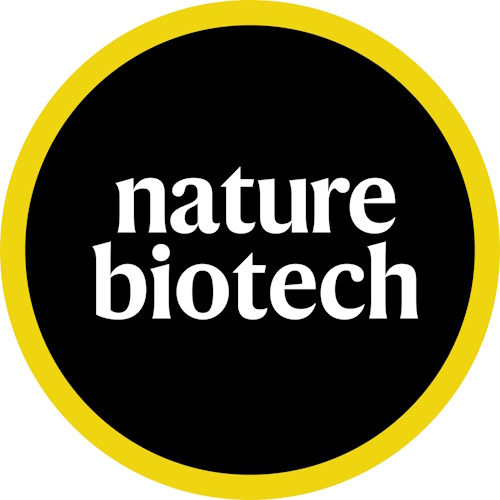Key points from article :
Scientists have created an AI program, ProGen, capable of generating artificial proteins from scratch. Developed by Salesforce Research, ProGen uses natural language processing techniques, similar to those used to generate human text, to assemble amino acid sequences. Astonishingly, the AI-produced enzymes performed similarly to natural ones, despite their sequences being significantly different from known proteins. This breakthrough demonstrates that AI can learn some fundamental biological principles and opens new possibilities in protein engineering.
James Fraser, PhD, professor at UCSF and one of the paper’s authors, explained that ProGen’s ability to design enzymes could surpass traditional protein design methods, such as directed evolution. The AI-generated enzymes also displayed remarkable robustness, functioning even when their amino acid sequences bore little resemblance to natural proteins. Fraser noted that this tool allows scientists to "tune" enzyme properties, like stability or interaction with other proteins, for specific applications.
The potential applications for this AI-driven technology are vast, from creating new therapeutics to developing enzymes that degrade plastic. ProGen’s ability to explore virtually limitless design possibilities could revolutionize protein engineering, providing an efficient and powerful tool for developing innovative proteins. Published in Nature Biotechnology, the work signals a new era of AI in the life sciences, promising to accelerate discoveries in numerous fields.






